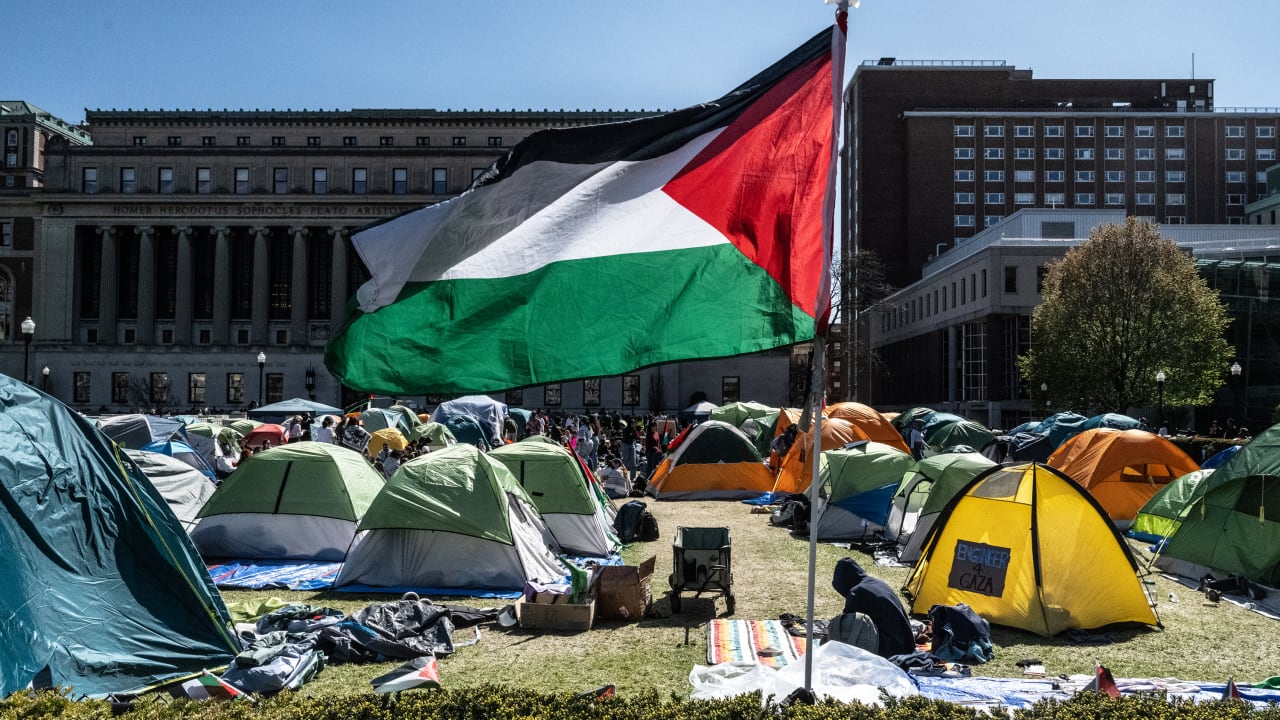It’s been one year since Russia invaded Ukraine, and officials around the world are weighing in.
Here’s what some have had to say:
Jill Biden. The first lady of the US told reporters Friday that she always has Ukrainians on her mind.
“I just wanted to say on the one year anniversary of Ukraine that not a day goes by that I don’t think of President Zelensky, Olena, their family and all the people in Ukraine and what they’re going through and how hard they’re fighting to keep their freedom,” Biden said.
King Charles III. King Charles III assured that “the United Kingdom, along with its allies, is doing everything possible to help at this most difficult time.”
“I can only hope the outpouring of solidarity from across the globe may bring not only practical aid, but also strength from the knowledge that, together we stand united,” His majesty said in a statement Friday.
Merrick Garland. US Attorney General Merrick Garland said the Justice Department “will continue to stand shoulder-to-shoulder with our Ukrainian and international partners in defense of justice and the rule of law.”
He vowed to investigate Russian crimes, prosecute alleged war criminals found in the US, “effect seizures against sanctioned enablers of the Kremlin and Russian military,” and to transfer certain seized Russian oligarch’s assets.
“Today, the Department of Justice reiterates its resolute commitment to standing with our Ukrainian partners in pursuit of justice,” Garland said in the statement.
Antony Blinken. US Secretary of State Antony Blinken rolled out more sanctions, visa restrictions and additional tariffs for Russia in a Friday announcement
“The United States continues to rally the world to support Ukraine,” Blinken said. “Our actions today are made even more powerful because we are taking them in coordination with G7 partners, demonstrating our ongoing unity in working to ensure Russia bears costs for its brutal war. Ukraine is a symbol of freedom for us all. The United States will continue to stand with Ukraine for as long as takes.”
G7 leaders. Leaders of the G7 reaffirmed their support in a statement Friday, and called for an end to “Russian aggression.”
The leaders call the war “an attack on the fundamental principles of sovereignty of nations, territorial integrity of states and respect for human rights,” call nuclear rhetoric by Russian President Vladimir Putin “irresponsible” and “unacceptable,” and say they are “united in our determination to hold President Putin and those responsible to account, consistent with international law.”
Kamala Harris. Vice President Kamala Harris shared a video on Twitter detailing the United States’ support for Ukraine.
“One year after Russia’s invasion, the United States continues to stand proudly with Ukraine,” she said.
Jens Stoltenberg. Secretary General of NATO Jens Stoltenberg on Twitter sent well wishes to Ukraine and said that the organization will continue its support for Ukraine.
“I wish you strength. I wish you courage. I wish you success. And I wish you victory,” he wrote.”










































































